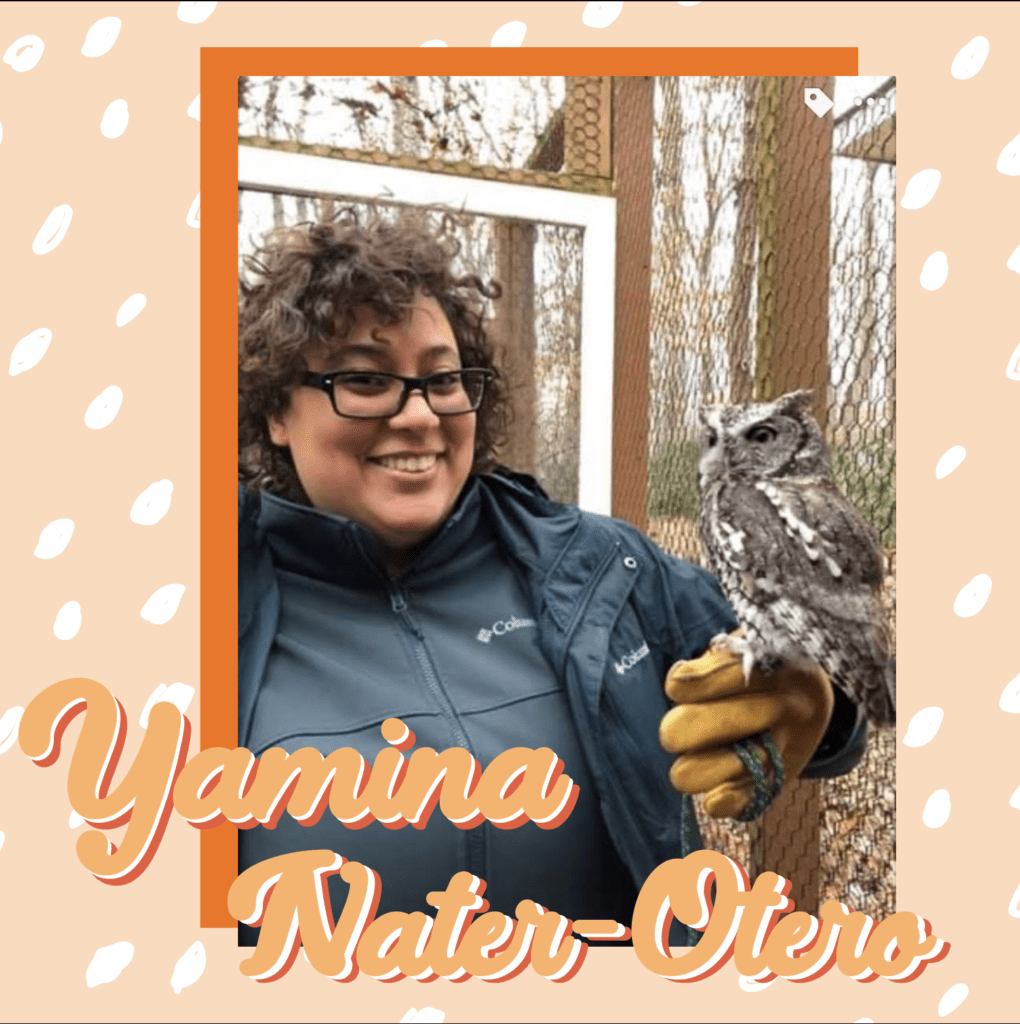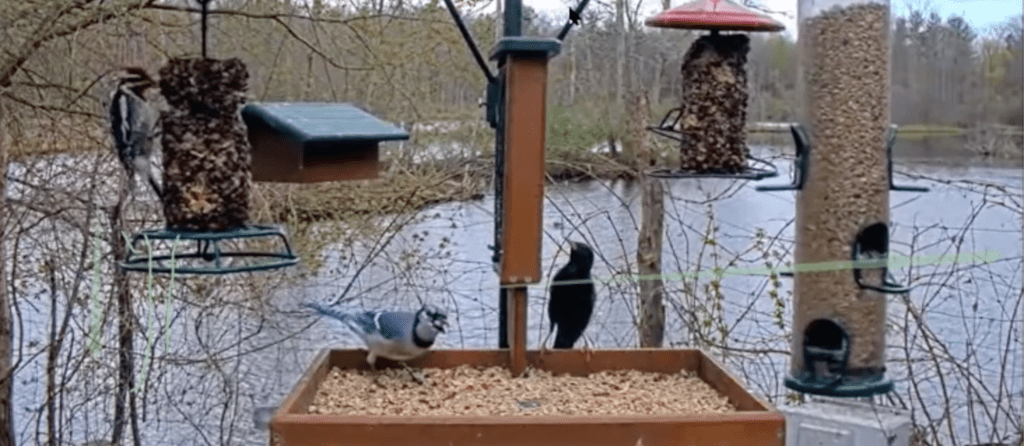Join Yamina Nater-Otero on the University of Orange’s Digital Campus to explore the world of bird watching! You’ll learn how to identify birds commonly seen in Orange, and discover new ways to explore your neighborhood. This online workshop will also explore current issues of equity and diversity in bird watching, the white-washed history and culture of bird watching, and an introduction to conservationists of color you should know.
Urban Naturalist Bingo
Designed by Yamina Nater-Otero (text and image) and Erica Rivera (graphic design).
birdbingoLinks to resources referenced during Birding With Yamina
- Merlin App : free bird identification app
- Cornell Labs All About Birds: live bird cams and more!
- Audubon guide and App
- iNaturalist
- Drew Lanham’s Rules for the Black Birdwatcher
- Jason Ward’s Bird of North America
- BirdNote Podcast (5 min podcast episodes with fun facts about birds)
- Corina Newsome on twitter
- Common Birds
- For the Birds! (NY-based but open to teaching in NJ)

An avid birder, both in the city and elsewhere, Yamina puts her love of community outreach, environmental justice and birdwatching to good use in the field of environmental education. After having served her Americorps service at Oakwood Avenue Community School in Orange, NJ, Yamina began her role as program coordinator for Audubon NY’s For the Birds!* FTB! Is a place based environmental education program taught all over NYC in which students learn about bird conservation and the birds in their neighborhood. Having been born and raised in Newark, and currently working in NYC helped Yamina to foster a love of Urban Naturalism.
*Views presented and issues discussed during this UofO class do not represent the views or policies of Audubon NY.
The University of Orange is a free people’s urbanism school in Orange, NJ. We build collective capacity for our friends, neighbors, and partners to cultivate just and equitable cities. At the UofO we learn from our city, our history and our neighbors. The work of the University of Orange is rooted in the connection between racial justice, place-based organizing, and grassroots public health. We hold at once the recognition that racist and classist policies continue to shape cities everywhere, and that the resources we need to heal already exist within our neighborhoods. We put these beliefs into practice through the three pathways of our work: recording and sharing the history of Orange, offering free community courses, and sharing our approach to urbanism in Orange and with other communities around the country.
